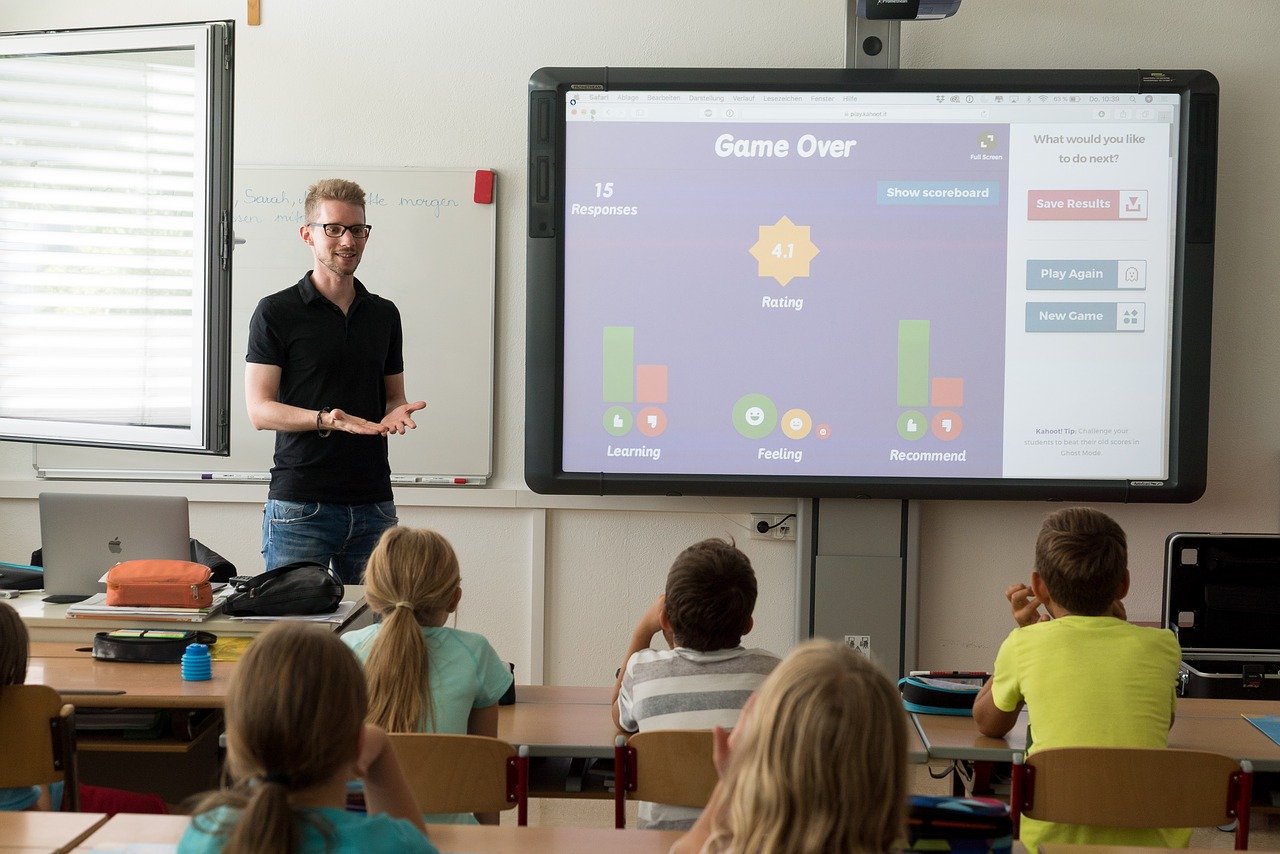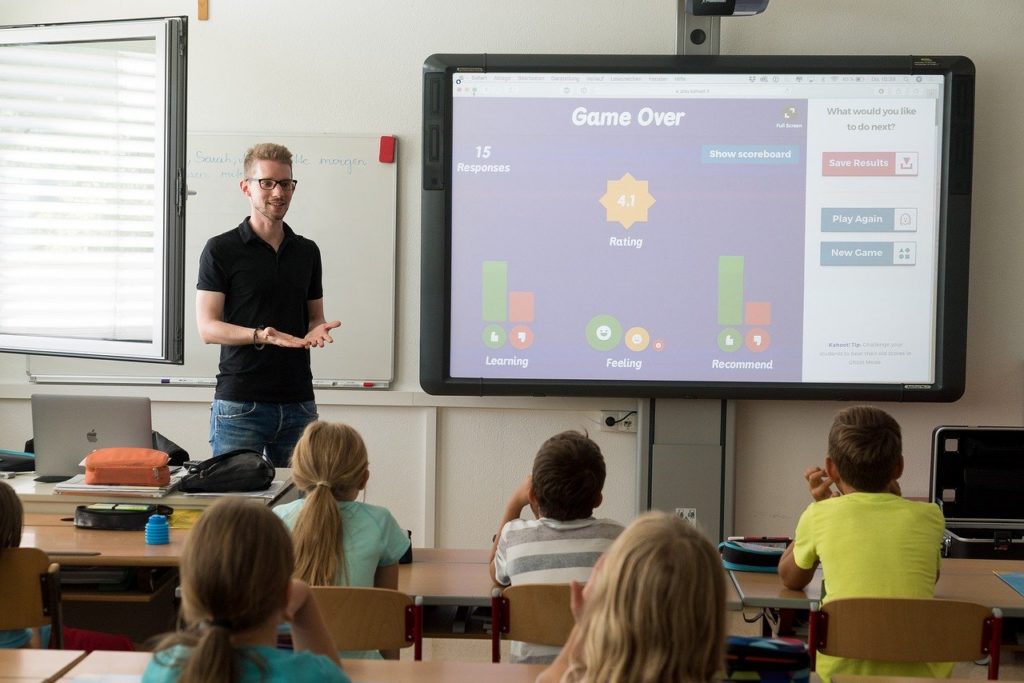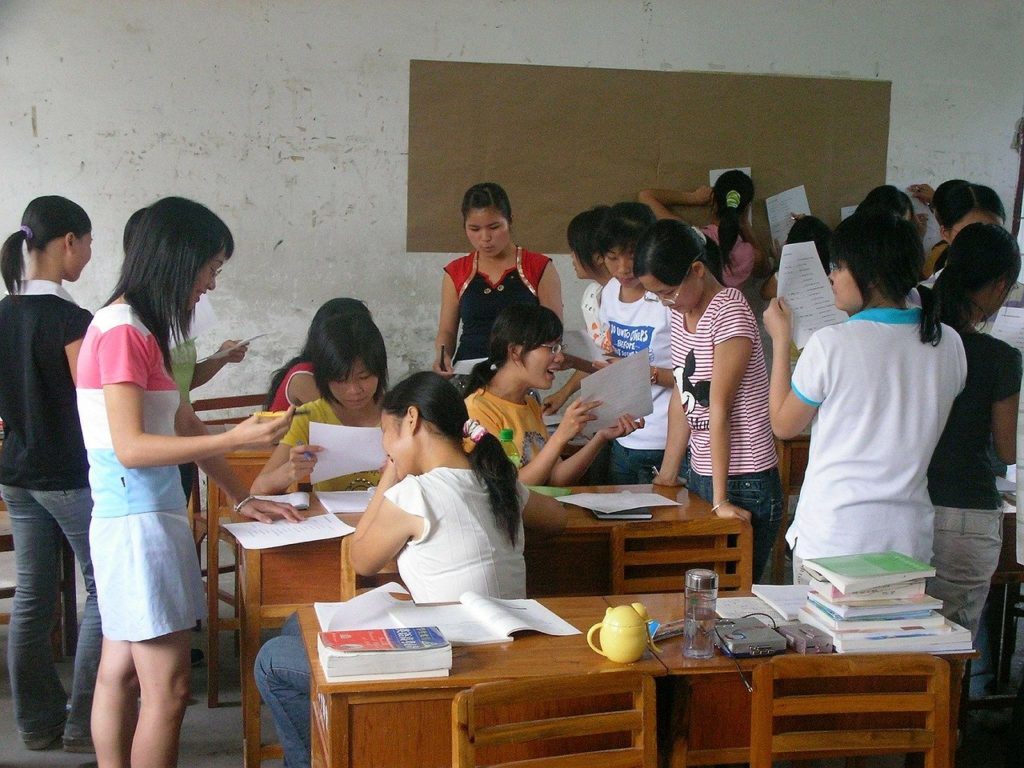What can you do during the summer break to ensure your next school year is your best ever? First, do take a break and disconnect. If you cannot travel, due to the ongoing pandemic, try to get together with family and friends for some fun quality time. When you’re ready to plan ahead, here are ten things you can do during summer break to have a successful teaching year.
1–Research technology
Are there features on that SMARTboard you would like to know how to use? Are there teaching platforms you would like to play around with so you will look ready and professional if your school year begins online? Is there a course you can take to learn how to design online teaching materials? Are you comfortable using online parents/teacher communication channels? How about some great online educational games which could spice up your lesson?
2–Design/arrange your classroom
Are there things that didn’t work well that you would like to do differently? For example, change/rearrange furniture, files and folders, posters and displays, supplies, carpets, etc.
3–Familiarise yourself with the curriculum
Make sure you understand the objectives and ask questions if you don’t. Understand how flexible your teaching can be- are there any ready made materials which you must use or do you have to create your own? If the teaching is topic based, ensure you have ready materials, fabric, poster ideas, online worksheets, costume requirements, etc, all ready and clear not only for you as teacher but for the class parents as well.
4–Assess your classroom management
Ensure your routines are clearly laid out. For example, how do you start the class each day? Do you pass register, do kids sign their names as they walk in or do they wait for you in front of, or outside, the classroom? How do you handle restroom turns? How do allowed to speak- do they raise their hands? Can they ask their partners questions? How are students disciplined? Familiarise yourself with school policies on behaviour and discipline. Do you have activities for the fast learners when they finish early? What is your dismissal routine?
5–Create processes for handling communication/reports
Mark your deadlines on a calendar for completing reports and giving them to parents/school admin. Familiarise yourself with the kind of reports the school expects you to write- some schools want them more detailed than others. Ask for a sample and analyse the language used, the depth of the report and areas you’re expected to work on and therefore should keep an eye on throughout the school year. Do you have a daily communication book with the parents? Think about when you can allocate time during the day to write to the parents. What will you do in case of behavioural issues? Who should you approach first? Does it have to be in person, email, are parents involved (when?)? Think about parent/teacher conferences- how often do they occur, how long are they and what do you need to have ready to discuss
6–Understand your subject matter
You might be an experienced teacher, but what if it’s the first time you have to teach a certain age group. It might be an age group you find quite difficult but you have no choice. Talk to teachers with more experience with that subject/class/age group, share ideas, ask for useful materials, online links, tips and advice on how to excel. After 20 years of teaching I know exactly what age groups and kinds of students I prefer, but I also know how to deal with situations when my preferences aren’t met.
7–Buy supplies
Most schools provide you with all the supplies you need to create wonderful posters, displays and prizes to stimulate competition and learning. However, not all schools are in a position to do that, so I suggest that while on your summer break, you visit yard sales for second hand books and dollar shops for bargains such as Post-its, stamps, stickers, crayons, ribbons and decorations, etc.
8–Set professional goals
What professional development opportunities does the school offer? Is there anything you’d like to excel in, develop more or study? Does the school support outside professional development? Is there anything you could offer the school based on your experience? Any workshops you’d like to lead/teach/share? Any responsibilities you’d like to take up?
9–Familiarise yourself with your students
Students love it when their teacher knows their name and knows a bit about them: their hobbies, something they’re good at, their siblings, etc. Learn your students’ names and make sure you know how to pronounce them correctly. Learn if their parents communicate well in English, or other communication methods might be necessary. I had a family who couldn’t speak English and they asked me to write everything on the student’s daily communication booklet and they would have everything translated and replied in writing as well. Read their previous reports, learn about students who need help and what type of support might work best. Talk to the students’ previous teacher for tips and advice.
10–Look after your own physical and mental health
Were you stressed the previous school year? If so, why? What can you do about it? What has/hasn’t worked in the past? Does the school offer gym vouchers/membership you can benefit from? What relaxes you the most? How can you ensure that you have time for it? If you’re in a new country, ensure you know where where your favorite “relaxation havens” are located: gyms, spsa, sport arenas, yoga studios, international gatherings, walks and trips, etc.



